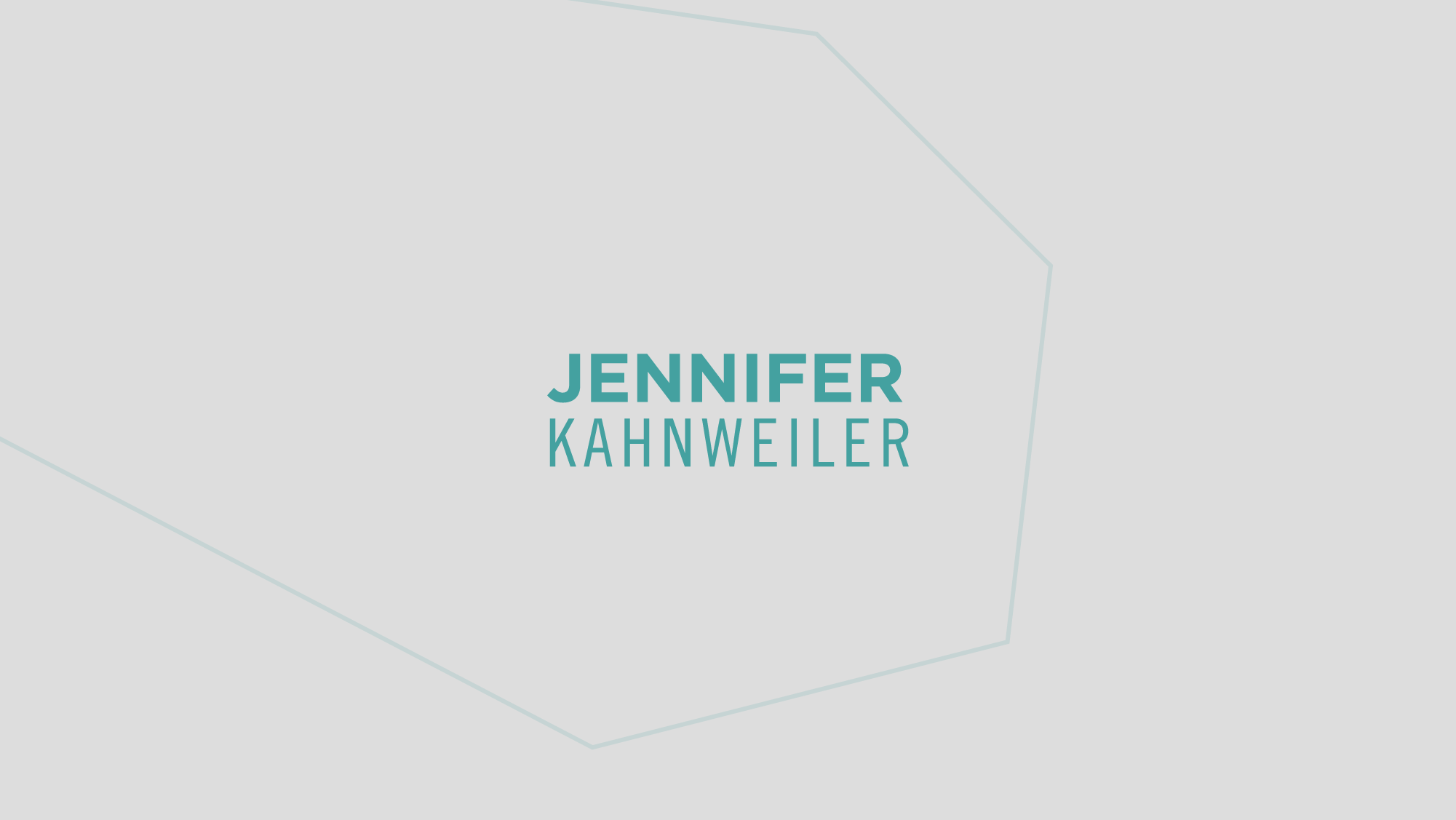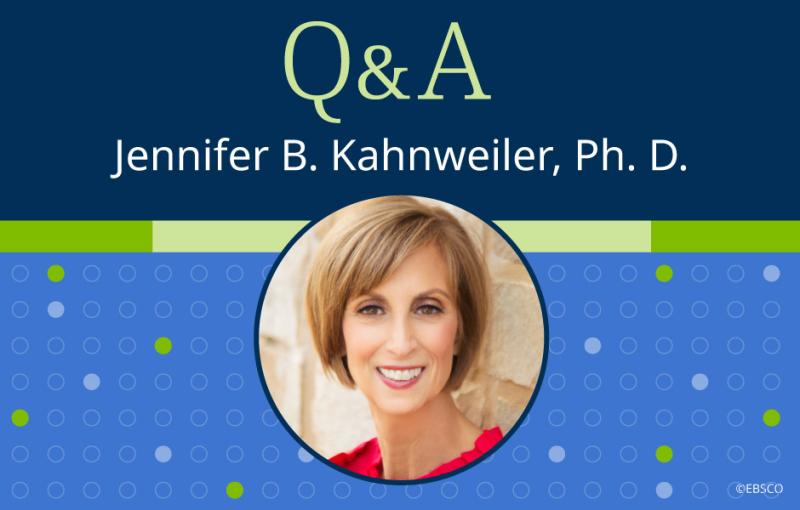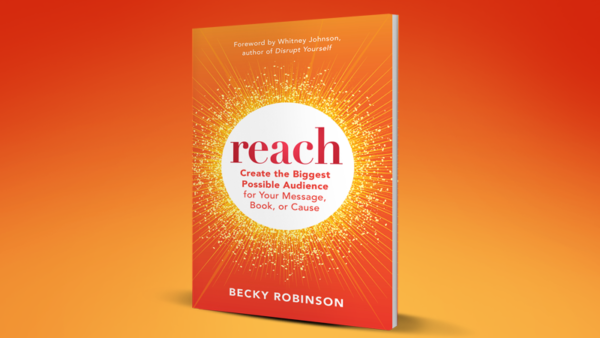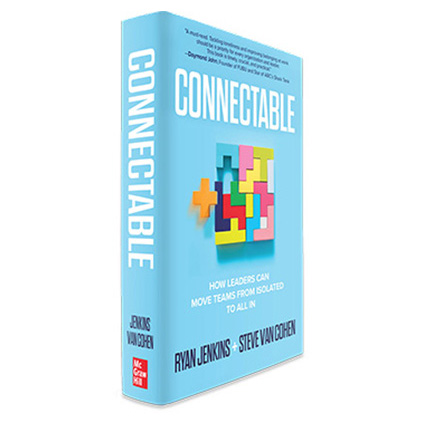I have never spent many hours or dollars on marketing strategy. Public Relations is another story. It has always been intriguing to me. How do you get the press interested in your message? When you do catch them, they can become lifelong buddies and help you and your brand stay visible.
With social media, it is now easier for journalists to find you. Nettie Hartsock, social media strategist, pointed out that over 75% of people writing stories are freelancers who are going to Google to find their sources. How can you be one of the “go to” sources for this pool of reporters?
In my opinion, it is all about helping them out in four key ways.
1) Pitch them a different angle. When I started my first consulting business in Cincinnati in 1986 I would call up local print reporters with new angles on workplace stories. I had carved out a niche in coaching dual career couples and because women in the workplace were hot, this topic drew them. Dual career couples were a new, growing phenomenon. I began calling them and pitching them other ideas. They seemed to always be looking for that different, timely and counterintuitive take…and still are.
2) Thank them. This also goes for the times they don’t interview you but ask for some information. You would (or perhaps would not) be surprised to learn that this is an unusual act. Journalists are often evaluated by the number of comments written about their pieces. Sending out their articles to your social networks is another way to express your gratitude and raise their visibility.
3) Be Generous. Contact journalists when you don’t need something. Send them websites, blog entries and events that might interest them. Also recommend your colleagues and peers as sources. Reporters will be grateful to find terrific resources and they will most assuredly circle back to you on future stories.
4) Listen well. Over 90% of the 50 journalists I have spoken with about my book, The Introverted Leader: Building On Your Quiet Strength (Berrett-Koehler, 2009) have been introverted. It is a common personality preference for reporters who are self-reflective, inner focused and spend much of their day in the solitary pursuits of research and writing. When I listen to them, they openly share their stories and personal experiences. Most often I have felt that we were more like colleagues engaged in a stimulating dialogue than reporter and interviewee. The best stories seem to emerge after these discussions.
It is about helping reporters to do their work. The wins are waiting for you and your business.





